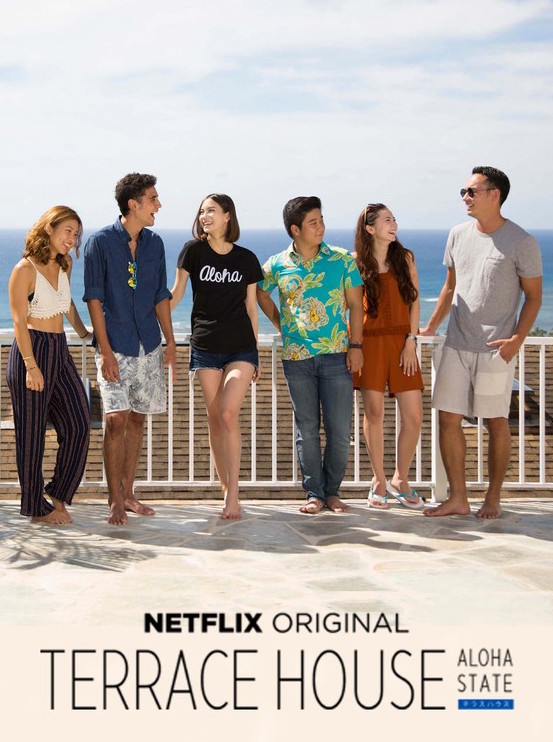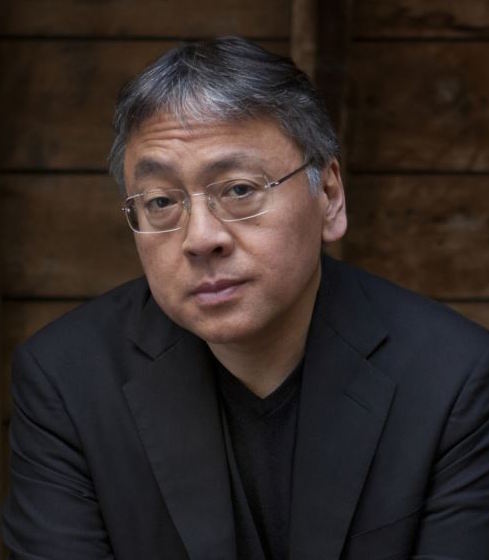What happens when you put six young adults — three men and three women — under one roof while the cameras are rolling? In most American television, you’d expect all sorts of debauchery. But in Netflix’s “Terrace House,” it seems to be the opposite.
The show, a Japanese reality TV show produced by Netflix and Japan’s Fuji Television, captures the everyday, mundane lifestyles of six men and women, aged 18 to 29. The current season “Aloha State” — the first filmed in Hawaii after 10 seasons in Japan — features a rotating cast that includes Asian American cast members. It is also the show’s first attempt to merge Japanese and American culture to coincide with the show’s growing American fan base.
The reality show may have sparked a revolution. The mundane interactions between these good-natured folks have built an international following. Tasteful shots of various foods, places and mature conversations around dating has gathered rave reviews around the internet and fan fare from BuzzFeed, Wired and The Verge.
The New York Times’ Andrew Ridker explained: “They have crushes. They hunt for retail jobs that don’t always work out. The action actually feels so unscripted, so unedited that it’s almost Proustian, capturing real life in all its small complexities.”
In the show, cast members agree to be filmed around the clock and make real-life decisions, which include what careers to pursue, how to master English or make their own clothing brand. We follow them as they make decisions on love and life, handling conflicts and discussing feelings as real adults. They date as Japanese culture does — courting and getting to know each other before making any rash moves. And instead of those emotionally charged “Bachelor” confessionals, the show even features from past stars and outside actors, comedians and personalities.
The allure of the show is in how real their lives are. “The intent was not to say the show is uniquely Japanese in style, but rather the fact that, due to differences in cultural traits, we do not really portray any aggressive haggling over relationships or abusive language or violent fights like you often see in reality shows from other countries,” Dai Ota, the show’s chief producer, told NBC News.
The show first aired in Japan in 2012 for eight seasons and then signed with Netflix in 2015
for a new season, “Terrace House: Boys & Girls in the City,” which was set in central Tokyo. The current season, “Terrace House: Aloha State,” is the first season filmed overseas in Hawaii. The rest of part four of this season released on Sept. 26.
“In our series, romance and subtleties in emotion are depicted more organically in an environment where progression is rather slow,” Ota continued. “You don’t know whether the two will take a step forward or not.”
Will you be hooked onto “Terrace House”?






